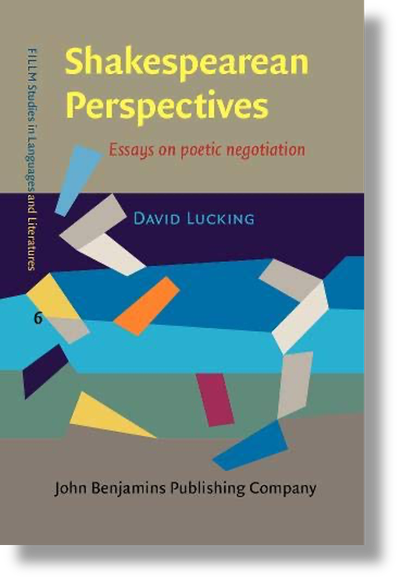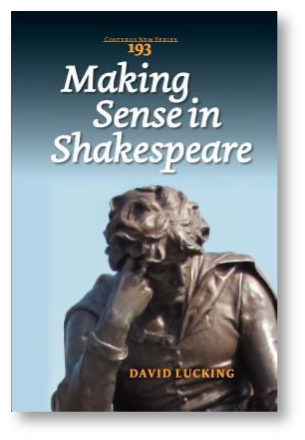Recent Books
David Lucking sees Shakespeare’s plays as negotiating tensions between a number of alternative, and sometimes mutually antagonistic, perspectives. Some of these perspectives are associated with particular languages, cultures and texts, while others involve philosophical issues such as the nature of personal ontology and distinctions between reality and dream, being and nothingness. In elaborating his insights Lucking draws extensive comparisons with Lucretius’ De Rerum Natura, and between Sophocles’ Theban plays and King Lear, and he also pays close attention to A Midsummer Night’s Dream, Henry V, Julius Caesar, Hamlet, and Antony and Cleopatra.
Read MoreThe argument of the book is that at a time in European cultural history in which the problem of knowledge was a matter of intensifying philosophical concern, Shakespeare too was in his own way exploring the possibilities and shortcomings of the various interpretative models that can be applied to experience so as to make it intelligible. While modes of understanding based upon such notions as those of naturalistic causality or rational human agency are shown to be inadequate in Shakespeare’s plays, his characters often impart form and significance to their experience through what are essentially narrative means, projecting stories onto events in order to make sense of them and to direct their activity accordingly.
Read More
